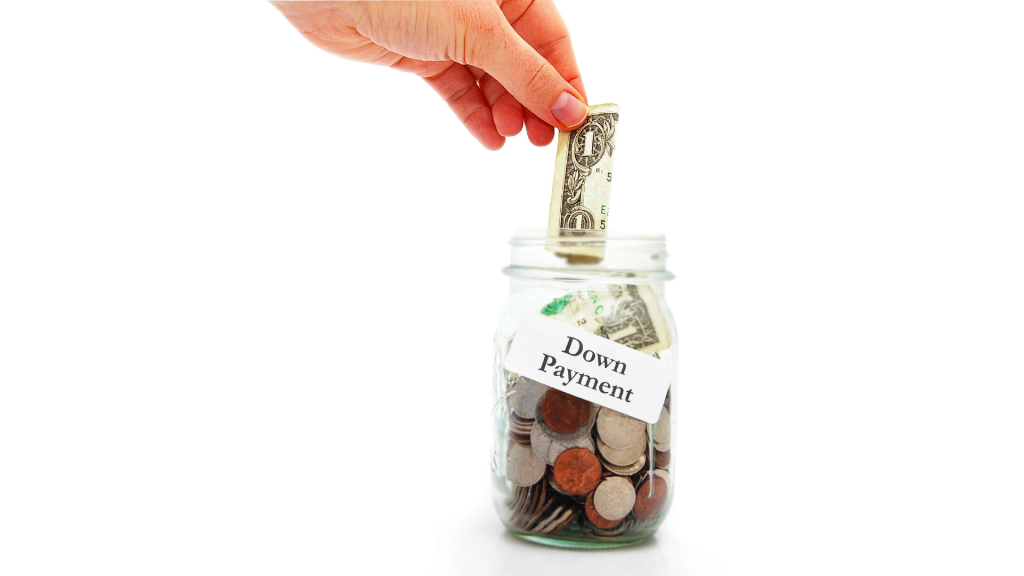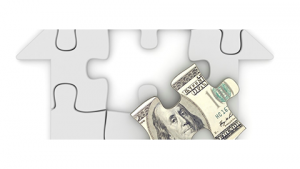
Buying a house likely is the biggest purchase you’ll ever make. Conventional wisdom says to aim for a 20% down payment on your mortgage. But saving money for a down payment on your dream home can be downright daunting and likely impossible on an average salary.
But there are alternatives to a conventional mortgage. There are some loans where you can buy a house with no money down. Other loans are available with little money down as well.
So how do you know which one is the best for you?
Let’s navigate some of the options.
USDA loan
The USDA loan program – otherwise known as the rural development loan – requires no money down. However, borrowers must meet certain credit and income requirements to qualify. And even though there is no down payment, a “funding fee” of 1% of the total loan amount is required, but that can be rolled into the loan if necessary. According to the 2017 USDA Rural Development Performance Report, nearly 72% of the nation’s land mass is rural. You can see if your area qualifies on the map linked here.
VA loan
If you are an active or retired United States military service member, as well as some reserves, you can potentially get 100% mortgage financing through the Department of Veteran Affairs. In fact, nearly 90% of all VA backed home loans are made without a down payment. You will still need to do a certificate of eligibility and may have to finance a VA funding fee into your mortgage, but overall, VA loans are some of the best mortgage deals out there.
Specialty loans
Some lenders choose to offer loans outside of the traditional, conventional federal regulations.
Some lenders offer no down payment mortgages for physicians, dentists and other medical professionals who are buying a primary residence. They can’t be used for buying a second home or vacation home.
Check with your bank to see what other options they offer.
Conventional 97 loan
For first-time homebuyers, Fannie Mae and Freddie Mac offer a Conventional 97 loan that only requires a 3% down payment that has no income limits, but tighter restrictions than conventional loans, and it carries higher interest rates. They also offer a 3% down payment loan that doesn’t require you to be a first-time homebuyer but it does have income limitations.
To receive a Conventional 97 loan, you will need a strong credit score, reliable income and employment, and a debt-to-income ratio under 43% (in most cases). The property must be your primary residence. This includes a single-family home, a condo, planned unit development or co-op. If you are not a first-time homebuyer, Fannie Mae and Freddie Mac also offer 97% loans with lower interest rates and mortgage premiums, however these are limited by income.
FHA loan
The Federal Housing Administration offers mortgage loans with as little down as 3.5%. FHA loans do require a monthly fee over and beyond your interest rate – similar to mortgage insurance. This is charged to the borrower two different ways; as a one-time fee of 1.75% of the loan amount and as a monthly premium. The duration and cost of your MIP may last for the duration of the loan. However, you do have the option to refinance your home at any point after you close the mortgage. This may be especially helpful when you have paid 20% of the home’s value and can get a new loan that does not require the monthly fee. Similar to the Conventional 97 loan, there are no income limits, the home must be your primary residence.
Lenders at RCB Bank are happy to help answer questions even if you are not a customer. Give us a call or visit our online Mortgage Center.
Opinions expressed above are the personal opinions of RCB Bank personnel and meant for generic illustration purposes only. With approved credit. For specific questions regarding your personal lending needs, please call RCB Bank at 855-BANK-RCB. Some restrictions apply. RCB Bank is an Equal Housing Lender and member FDIC. RCB Bank NMLS #798151.
Sources:
https://eligibility.sc.egov.usda.gov/eligibility/welcomeAction.do
https://www.va.gov/housing-assistance/home-loans/loan-types/


